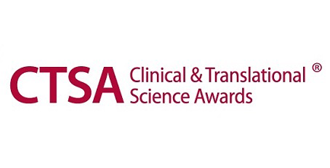
UTH BIG is providing informatics support for the NIH Clinical and Translational Sciences Award grant. Through this grant, we are providing support to clinical and translational investigators. The support provided includes iCollect, our electronic data capture solution, and access to clinical data through our clinical data warehouse and i2b2.
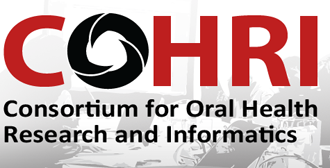
UTH BIG is working with Dr. Muhammad Walji of the UT Dental Branch in support of his G08 grant to provide a multi-institution research data warehouse for dental schools. We have developed a set of data extract scripts to extract data from Axium, the dental EMR used by COHRI schools, and are working to integrate data from the four pilot institutions. We currently have data in a single data repository from UT Dental Branch, UCSF, Harvard, and Tufts.
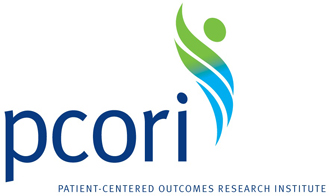
The Patient-Centered Outcomes Research Institute (PCORI) is a group authorized by Congress to provide the best available information to help patients and health care providers make more informed healthcare decisions; while improving healthcare delivery and outcomes, by producing and promoting high integrity, evidence-based research. PCORI’s research is intended to provide patients with a better understanding of the prevention, treatment and care options available and easier access to the science that supports those options.
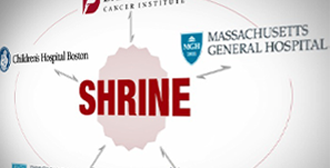
The Shared Health Research Information Network (SHRINE) helps researchers overcome one of the greatest problems in population-based research: Compiling large groups of well-characterized patients. SHRINE National Pilot is an implementation of SHRINE technology in order to create a demonstration network that will include selected academic health centers from across the United States. BIG is in charge of UTHealth's involvement in this Pilot program.

The D.W. Reynolds Foundation funded UTH to provide a competency-based approach to foster geriatric and palliative education at the medical student, resident, faculty and practicing physician level. Towards this effort, the UTH BIG has implemented the Knowledge Map system from Vanderbilt to map the medical school curriculum and are in the process of implementing Learner Profiles with data from our UT Physicians EMR. In addition, we have implemented an email system to distribute the Geriatrics Gems and Palliative Pearls to medical school residents.
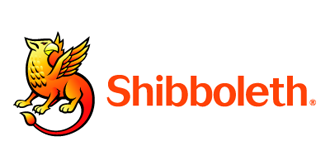
i2b2Shib leverages Shibboleth to allow federated access to an i2b2 web client. When the user accesses i2b2Shib, the user is redirected through Shibboleth to their home institution where they are able to login with their local institutional credential.

In January 2011, the University of Kentucky (UK) was awarded a grant for creation of a clinical data warehouse for use by clinicians and for operational purposes. Since the project's inception, UT-BIG has been involved in the creation of the design, implementation and support of UK's i2b2 environment.
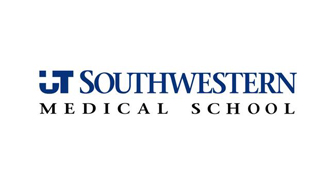
UTH-BIG provides a support for the UT-STARS educational program; a learning enrichment program for secondary science teachers and their students. The STARS Program has grown to serve more than 5,000 teachers and 30,000 students in 2,000 schools in the Dallas-Fort Worth area and includes more than 20 programs and projects, all freely available to teachers and students in Texas.
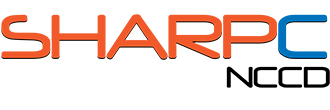
Strategic Health IT Advanced Research Projects (SHARP) seeks to generate improvements in the quality, safety and efficiency of health care through advanced information technology.
The SHARPC project (the portion of the greater SHARP project at UTHealth) began as an exploration of how to provide cognitive support to physicians using Electronic Health Records (EHRs). The project is tasked with revising the design and use of EHRs toward the goal of providing “Patient-Centered Cognitive Support”. This is defined as when an HER is specifically designed and optimized to support problem solving and decision making that maximizes the chance of the patient receiving the highest quality of care, as measured by the Institute of Medicine’s six dimensions of quality (safe, effective, timely, efficient, equitable, and patient-centered).
SHARPC has already made notable contributions to the science of EHR usability, with recommendations generated from the project used to inform the EHR usability guidelines published by the National Institute of Standards and Technology (NIST).